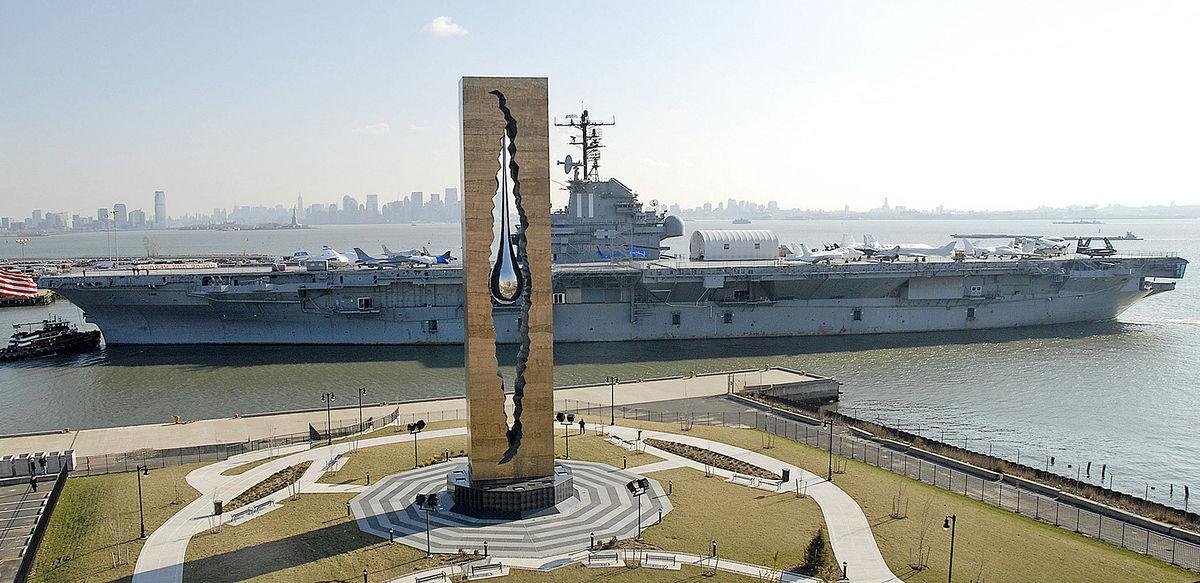One of the main points that emerged from Trump’s recent meeting with US lawmakers regarding North Korea is the revitalized accentuation on the need to use sanctions and diplomacy in the attempt to coerce Pyongyang into negotiating.
Although the general consensus is that the resumption of talks does seem improbable, analysts believe that the support of China could be key in making this a reality. However, the real concern lies into what extent Beijing is willing to tighten their control and pressure over North Korea to support this endeavor.
Analysts in China argue that the government is already doing everything in its power to ensure that North Korea stays in check. A major step in this process was China’s move to cut coal imports from North Korea earlier this year. This pressure has been furthered by China’s continual tightening of financial flows to North Korea.
Lu Chao, a North Korea scholar at the Liaoning Academy of Social Sciences located in northeastern China, affirms that all Chinese banks have ceased to bank with their North Korea counterparts.
“China has imposed the harshest sanctions ever against North Korea, the effect of which may take some time to kick in, but they will be effective,” Lu proclaims.
Over the course of the past week, the price of gasoline has sharply inclined in North Korea—and many attribute the blame for such to China’s latest measures.
Although the cause of this surge is unclear as of now, some analysts suggest that North Korea could be stockpiling gas out of fear that imports from China could soon be banned. Others, contrastingly, say that when tensions increase, the nation’s priority shifts to the military.
According to analysts, China is unlikely to initiate unilateral action when it comes to sanctions. However, stricter energy restrictions, including bans on Pyongyang’s import of gas and other forms of energy could be impending if North Korea persists in violating United Nations resolutions.
“Such a move would have a big impact on North Korea’s overall development of its nuclear weaponry, missile technology as well as its economy,” explains Cai Jian, director of the Center for Korea Studies at Fudan University in Shanghai. “It will also affect the livelihood of its people. So, we have to be cautious about these harsh sanctions, which should only be imposed as a last resort.”
For a long period of time, China has been universally considered one of North Korea’s closest allies. The ties between the two nations have commonly been described as “lips and teeth,” but their relationship has seen a decline ever since the reign of Kim Jong Un began.
Six-party discussions regarding putting a stop to North Korea’s nuclear weapons program have been stalled since the latter portion of 2007. Additionally, Kim Jong Un has displayed little interest in re-instating these talks and establishing better communication.
Ever since his rise to power, Kim Jong Un has carried out three full-out nuclear tests and over a dozen missile launches. Military analysts predict that another nuclear test could be in the works to occur soon.
Differing from his father, Kim Jong Un has not yet visited China. Furthermore, his uncle Kim Song Thaek, who had close relations with Beijing and was an active proponent for the opening up the isolated nation’s economy, was murdered in 2013.
Earlier this month, China attempted to send its nuclear emissary, Wu Dawei, to North Korea, but that advance was vetoed.
China is clearly unhappy with the manner by which North Korea has been acting recently, but is seems improbable that it will take any drastic measures, according to Danial Pinkston, who is a northeast Asia security analyst and lecturer in international relations with Troy University, located in Seoul.
“As far as causing the types of strains and stress that could destabilize North Korea and lead to some revolutionary change or toppling of the government or anything like that, I just don’t see the Chinese doing that,” Pinkston states. “They don’t believe it is in their interest and I think they are probably right.”
In the state media editorials that have recently been released, China has indirectly alerted North Korea with warnings that if any nation risks war, they will have to be willing to take on the responsibility of history, admits Bong Young-shik of the Yonsei University Institute for North Korean Studies in Seoul.
“That’s a very stern warning to Pyongyang, to warn Pyongyang not to engage in any outright provocations that will be perceived by the United States as North Korea has crossed the red line,” Bong says.
Various analysts have emphasized the recent change in Beijing’s approach to the situation, and how it decreased its criticism of Washington while increasing its condemnation of Pyongyang.
The general current perception on a global scale is that China feels compelled to act in a way that it does something tangible to maintain its relationship with the US, advocates Euan Graham, director of the International Security Program at the Lowy Institute for International Policy in Sydney.
“These editorials that we’re seeing also reflect the problem that there isn’t really a handler of the relationship on the North Korean side anymore. There’s no central person like Jang Song Thaek, who for many years was the channel,” Graham declares. “So, it’s not as easy, and the Chinese, I think, have genuine frustrations.”
Featured Image via Wikimedia.












































